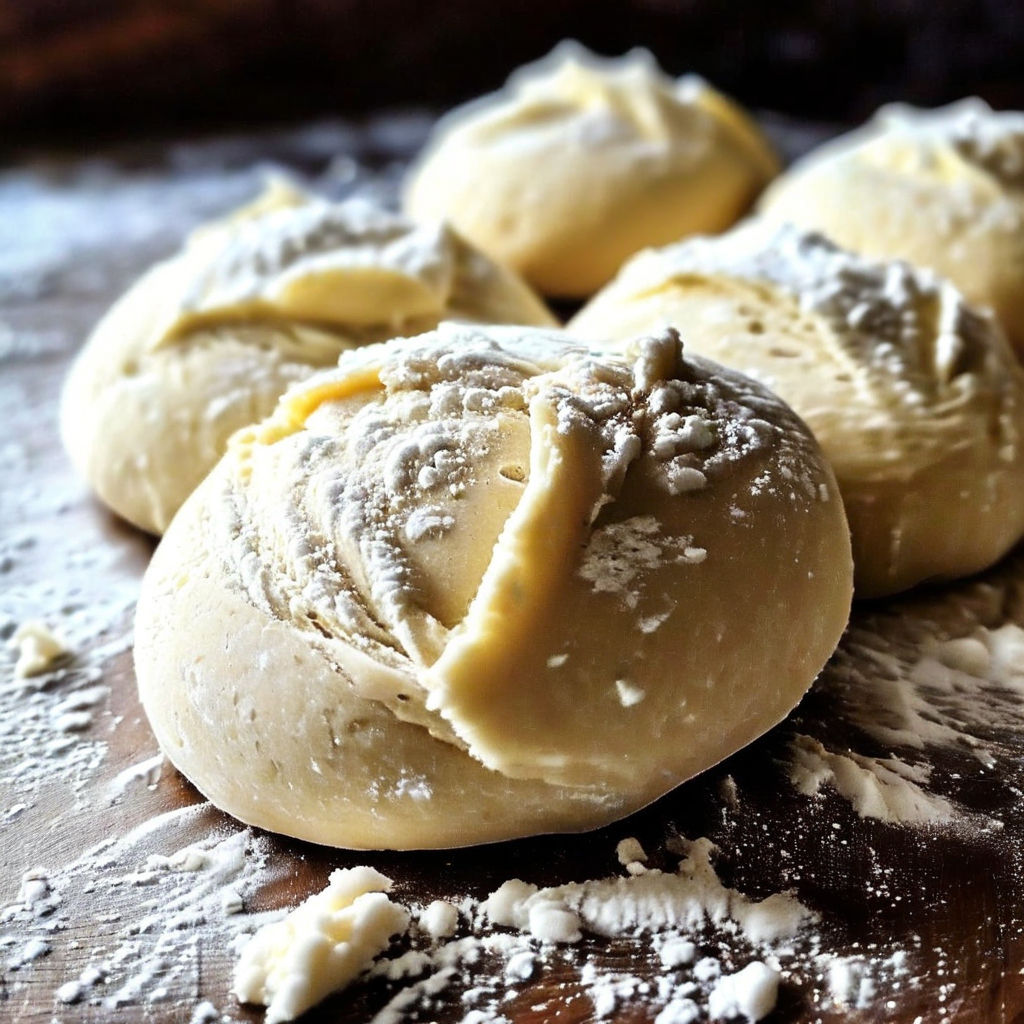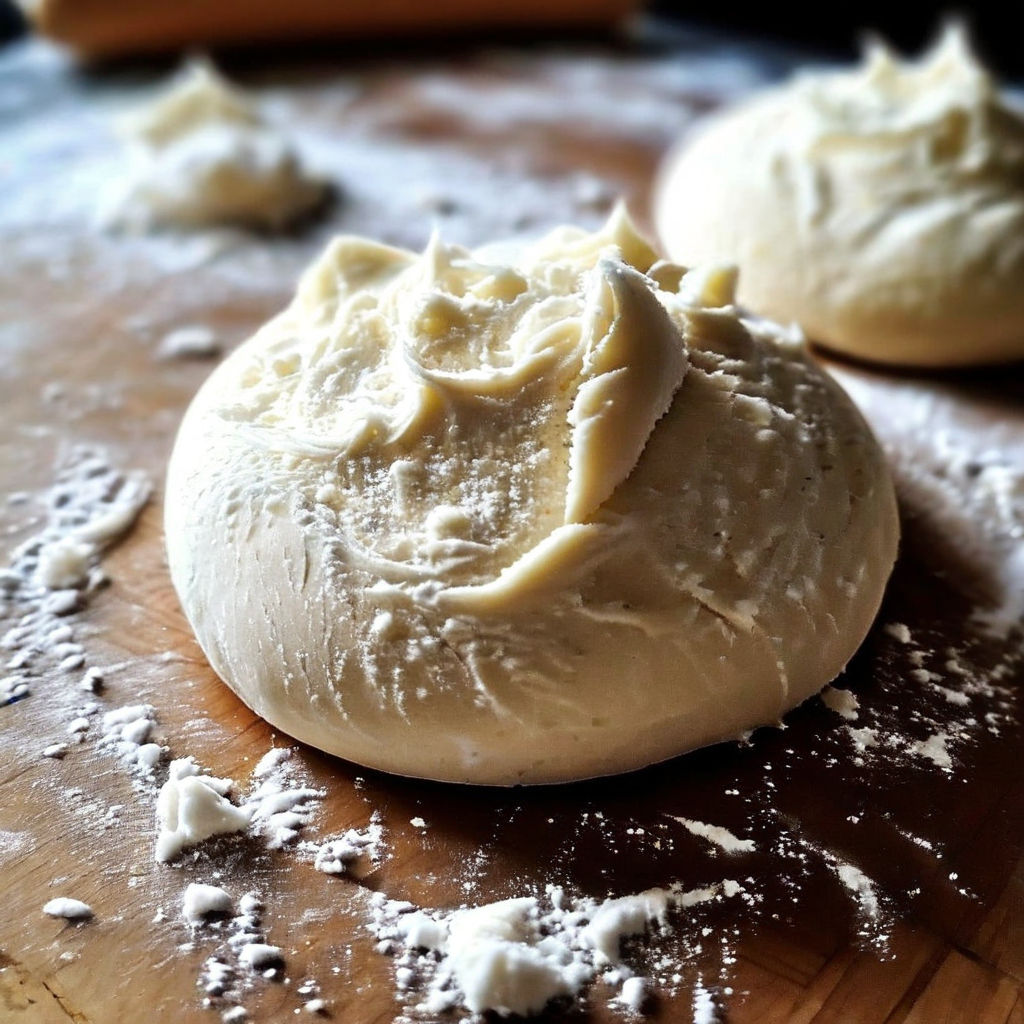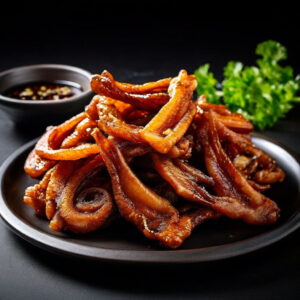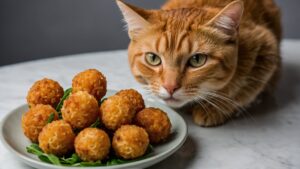As pet owners, we often find ourselves questioning the safety of various human foods for our feline companions. Cats are naturally curious creatures, and their inquisitive nature may lead them to nibble on items they shouldn’t consume. One such food that raises concerns is masa, a dough made from nixtamalized corn. While it may seem harmless at first glance, it’s crucial to understand the potential risks and benefits of feeding masa to cats before sharing it with your furry friend.
This comprehensive guide will delve into the intricacies of can cats eat masa safely, exploring its ingredients, nutritional value, and potential health implications. By the end, you’ll have a well-informed understanding of whether masa is a suitable treat for your feline companion or if it’s best to steer clear.
Table of Contents
What is Masa?
Masa is a type of dough made from dried corn that has undergone a process called nixtamalization. This process involves soaking and cooking the corn in an alkaline solution, typically lime (calcium hydroxide) or wood ash, before hulling and grinding it into a dough-like consistency.
“Masa is a cornerstone of Mexican cuisine, and its origins can be traced back to ancient Mesoamerican civilizations, such as the Aztecs and Maya, who relied heavily on corn as a dietary staple.”
The Spruce Eats
Masa is the primary ingredient in various traditional Mexican dishes, including:
- Tortillas: Unleavened flatbreads made by pressing and cooking masa dough.
- Tamales: Steamed corn dough pockets filled with various savory or sweet ingredients.
- Pupusas: Thick, griddle-cooked flatbreads from El Salvador, made with masa and stuffed with fillings like cheese, beans, or chicharrón.
- Arepas: Grilled or baked corn cakes popular in Colombian and Venezuelan cuisines.
In addition to its culinary uses, masa has cultural significance in many Latin American countries, playing a vital role in traditional celebrations and rituals.
Can Cats Eat Masa?
The question of whether cats can eat masa safely is a complex one, as it depends on various factors, including the specific ingredients used in the masa, the quantity consumed, and the individual cat’s tolerance and dietary needs.
Nutritional Value of Masa for Cats
To determine if masa is a suitable food option for cats, it’s essential to examine its nutritional composition and how it aligns with a cat’s dietary requirements.
Masa Nutritional Profile (per 100g):
| Nutrient | Amount |
|---|---|
| Calories | 365 |
| Protein | 8.6g |
| Fat | 3.8g |
| Carbohydrates | 72.1g |
| Fiber | 7.3g |
| Calcium | 14mg |
| Iron | 2.8mg |
Source: USDA FoodData Central
While masa provides some essential nutrients, such as protein, fiber, and minerals like iron and calcium, it is predominantly composed of carbohydrates, which are not an essential part of a cat’s diet. Cats are obligate carnivores, meaning they require a diet high in animal-based proteins and fats for optimal health.
Additionally, cats lack the necessary digestive enzymes to break down large amounts of plant-based carbohydrates effectively, which could lead to digestive issues if consumed in excess.
Potential Health Concerns
While masa itself may not be inherently toxic to cats, there are a few potential health concerns to consider:
- Corn Allergies or Sensitivities: Some cats may develop allergies or sensitivities to corn, leading to adverse reactions such as skin irritation, digestive distress, or respiratory issues. Masa, being primarily composed of corn, could trigger these allergic responses in sensitive felines.
- Digestive Issues: As mentioned earlier, cats lack the necessary enzymes to efficiently digest large amounts of plant-based carbohydrates like those found in masa. Consuming significant quantities of masa could lead to gastrointestinal upset, such as vomiting, diarrhea, or abdominal discomfort.
- Potential Toxicity from Lime: While the lime (calcium hydroxide) used in the nixtamalization process is generally considered safe for human consumption, it may pose a risk to cats if ingested in large quantities. Lime is an alkaline substance that could potentially cause digestive distress or other health issues in felines if consumed excessively.
It’s important to note that individual cats may have varying tolerances and sensitivities to different foods. Some cats may be able to consume small amounts of masa without any adverse effects, while others may experience digestive or allergic reactions.
Alternatives to Masa for Cats
While masa itself may not be the most suitable treat for cats, there are several safe and healthy alternative human foods that you can consider offering your feline companion in moderation:
- Cooked lean meats: Chicken, turkey, or lean beef (without seasoning or sauces)
- Fish: Cooked or canned tuna, salmon, or whitefish (in water, not oil or brine)
- Eggs: Cooked and unseasoned
- Vegetables: Steamed or boiled carrots, green beans, or pumpkin (in small amounts)
- Cheese: Low-fat, unsalted varieties in moderation
However, it’s essential to consult with your veterinarian before introducing any new foods to your cat’s diet, especially if they have specific dietary requirements or health conditions.
Preparing Cat-Friendly Masa Treats (if deemed safe)

If your veterinarian deems it safe for your cat to consume masa in small quantities, you can consider preparing homemade masa treats with a few modifications:
Masa Treat Recipe:
Ingredients:
- 1 cup masa harina (nixtamalized corn flour)
- 1/2 cup water
- 1/4 cup cooked, shredded chicken or tuna
- 1 tablespoon unsalted chicken broth (optional)
Instructions:
- Mix the masa harina and water together until a dough forms. Add the chicken broth if the dough is too dry.
- Knead in the shredded chicken or tuna until evenly distributed.
- Roll the dough out to 1/4-inch thickness and cut into small bite-sized pieces.
- Bake at 350°F (175°C) for 15-20 minutes, or until lightly golden.
- Allow the treats to cool completely before offering them to your cat.
Remember to monitor your cat’s reaction to these treats and discontinue feeding them if any adverse effects are observed.
Signs of Masa Intolerance or Allergies in Cats
If your cat does consume masa, it’s essential to watch for any signs of intolerance or allergic reactions. Some common symptoms to look out for include:
- Vomiting: If your cat vomits shortly after consuming masa, it could be a sign of digestive distress or allergy.
- Diarrhea: Loose, watery stools may indicate difficulty in digesting the masa.
- Loss of appetite: A sudden disinterest in food could be a sign that your cat is not feeling well.
- Lethargy or fatigue: If your cat appears lethargic or sleeps more than usual, it could be a sign of an adverse reaction.
- Skin irritation or excessive grooming: Itchy skin, rashes, or excessive licking/grooming could indicate an allergic reaction.
- Respiratory issues: Wheezing, coughing, or difficulty breathing may occur in cases of severe allergic reactions.
If you notice any of these symptoms after your cat has consumed masa, it’s essential to seek veterinary attention immediately, as some reactions can be life-threatening.
Conclusion
While masa may seem like a harmless treat for cats, it’s crucial to approach its consumption with caution. As obligate carnivores, cats are not well-equipped to digest large amounts of plant-based carbohydrates found in masa, which could lead to digestive issues or other health concerns.
Additionally, the potential for corn allergies or sensitivities and the presence of lime in masa further complicate its safety for feline consumption. However, if your veterinarian deems it safe, you can consider offering small amounts of modified masa treats to your cat as an occasional novelty.
Ultimately, it’s best to prioritize a balanced, species-appropriate diet for your feline companion, focusing on high-quality animal-based proteins and fats. If you’re unsure about introducing new foods to your cat’s diet, always consult with a veterinary professional for guidance.
Remember, the well-being and happiness of your furry friend should be the top priority when it comes to their dietary choices.
Reference
For more information and expert advice, consult with your trusted veterinarian, or refer to these reputable sources:
FAQs
Can kittens eat masa?
It’s generally not recommended to feed masa to kittens, as their developing digestive systems may have difficulty processing plant-based carbohydrates. Stick to a kitten-specific diet formulated for their nutritional needs.
Is masa harmful to cats in small quantities?
Small amounts of masa may not be inherently harmful to some cats, but it’s essential to monitor their reaction closely. If any adverse effects are observed, discontinue feeding masa and consult your veterinarian.
Can cats eat tortillas or other masa-based foods?
While tortillas and other masa-based foods may seem harmless, they often contain additional ingredients like salt, oils, or seasonings that could be harmful to cats. It’s best to avoid feeding these types of foods to your feline companion.
Are there any benefits to feeding masa to cats?
Masa does not provide significant nutritional benefits for cats beyond small amounts of protein, fiber, and some minerals. A balanced, meat-based diet is more suitable for meeting a cat’s dietary needs.
Can masa cause digestive issues in cats?
Yes, the high carbohydrate content in masa can potentially lead to digestive issues like vomiting, diarrhea, or abdominal discomfort in cats, as they lack the necessary enzymes to efficiently digest plant-based carbohydrates.
Is it safe to feed masa to cats with certain health conditions?
If your cat has specific health conditions, such as diabetes, kidney disease, or food allergies, it’s essential to consult with your veterinarian before introducing any new foods, including masa, to their diet.




